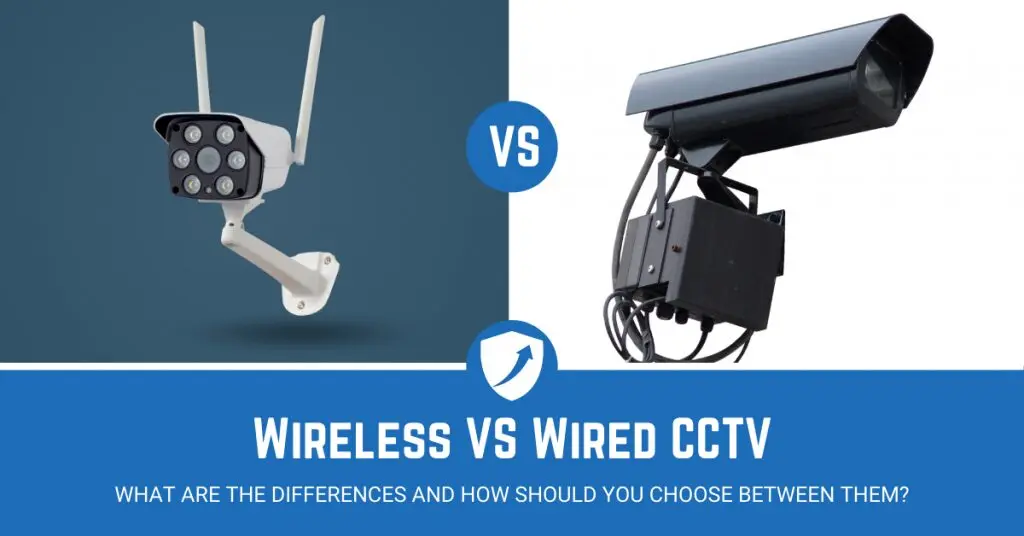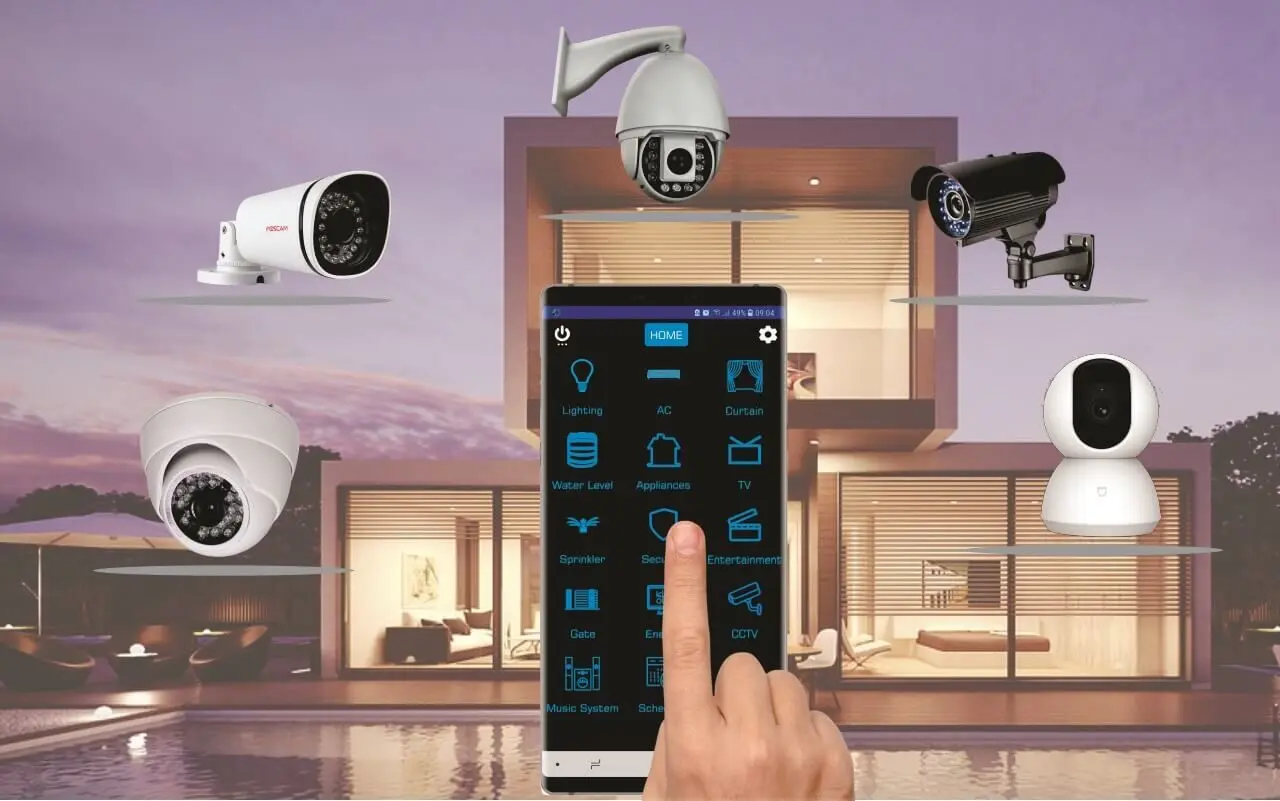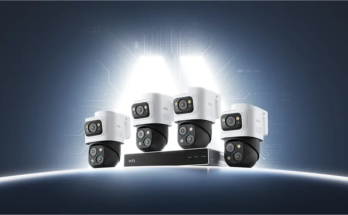Choosing between wireless and wired surveillance systems is an important decision when setting up security for your home or business.

Read More: How to Keep Your Surveillance System Secure from Hackers
Both options have advantages and drawbacks, depending on your needs. Here’s a breakdown to help you decide.
1. Wired Surveillance Systems

✅ Pros:
- Stable Connection: Wired systems don’t rely on Wi-Fi, ensuring uninterrupted video feeds.
- Higher Video Quality: Provides consistent high-definition footage without interference.
- Better Security: Less vulnerable to hacking compared to wireless systems.
- Reliable Power Supply: Direct power connection eliminates the need for battery replacements.
❌ Cons:
- Complex Installation: Requires drilling, cable management, and professional setup.
- Limited Flexibility: Once installed, relocating cameras can be difficult.
- Higher Cost: May require extra labor and materials for wiring.
2. Wireless Surveillance Systems

Read More: The Legal Considerations of Installing Surveillance Cameras
✅ Pros:
- Easy Installation: No need for extensive wiring—simply mount and connect to Wi-Fi.
- Flexible Placement: Can be moved easily without the hassle of cables.
- Remote Access: Footage can be accessed and controlled via smartphone apps.
- Smart Home Integration: Works with AI assistants and other smart devices.
❌ Cons:
- Wi-Fi Dependent: Signal interference or outages can affect video quality.
- Battery Maintenance: Some cameras require frequent battery replacements.
- Hacking Risks: Wireless networks can be vulnerable to cyberattacks.
- Limited Recording Time: May rely on cloud storage with subscription fees.
Which One Should You Choose?
- If you want a stable, long-term security solution, go for a wired system.
- If you need flexibility and remote access, a wireless system is the better choice.
- For hybrid security, consider a combination of both wired and wireless cameras.
Conclusion
Both wired and wireless surveillance systems have their advantages. Your decision should be based on reliability, budget, ease of installation, and security needs. A well-chosen system ensures maximum protection for your home or business.
Wireless systems, on the other hand, are perfect for users who prefer easy installation, flexibility, and remote access. They work well for renters, small businesses, or homeowners who need a simple, scalable security solution. However, they come with risks such as Wi-Fi interference and potential hacking threats.


